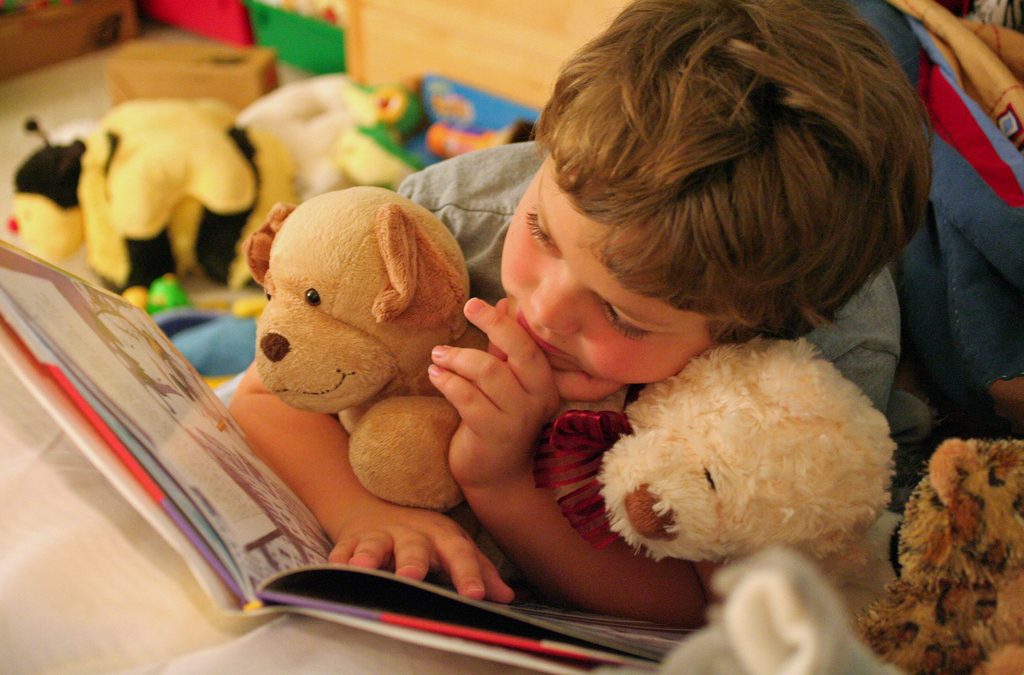
Vision Therapy
At Family Eyecare Centre, we currently have a 10-year-old boy in our Integrated Vision Therapy Program who has completely blossomed from his shell. His boost in confidence has given him the ability to do activities that were previously difficult in many parts of his life, including his social life.

Vision Therapy
After suffering a stroke, patients can have a variety of problems, including vision. Some vision problems that might arise after a stroke are…

Vision Therapy
Sustained computer use can cause visual stress, blurred vision, eye strain, headaches, and even vision-induced stomachaches. Work that is visually tiring can lower productivity, increase errors…

Vision Therapy
In my practice, we recently treated a young girl who, in addition to her vision-related reading problems, was upset that she could not skip rope like her friends. Jumping rope is a gross motor skill highly influenced by the quality of your visual processing. This type of vision problem had nothing to do with her 20/20 eyesight. Giving her glasses wasn’t going to help her jump rope, but a vision therapy treatment could!

Vision Therapy
More than half of patients that are enrolled in a Vision Therapy program with me have a vergence (which means eye coordination) problem. The most common type of vergence problem is called convergence insufficiency. Convergence insufficiency can lead to reading difficulties including seeing double, getting fatigued quickly, feeling like your eyes are not working together, and headaches.

Vision Therapy
The SVI is a large touch-screen monitor that improves visual abilities for learning problems, sports, amblyopia, and traumatic brain injury. Targets on the screen can be made large or small, dark or faint. We encourage everyone to hit the target in the center – the smaller the target, the more accurate you have to be. If you miss a target, a dot appears on the screen. This gives you instant feedback on where you are actually touching and you are (hopefully) able re-adjust your next target – perhaps reaching further, closer, higher or lower.

